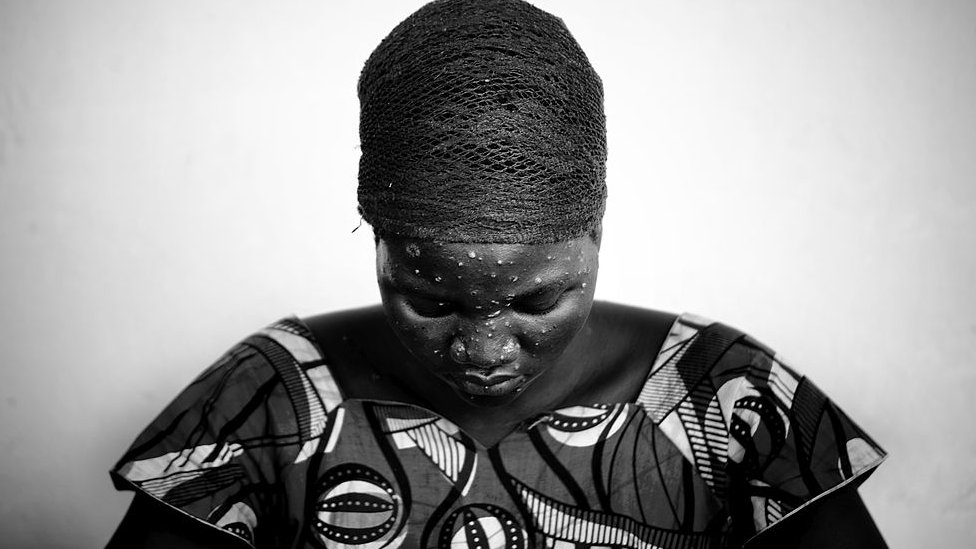
Another virus has set off alarms in a world that has not yet emerged from a pandemic. Monkeypox, a rare disease that has affected Africans for centuries, began to be reported in early May in several countries around the world, including the United States, Canada and several European nations. Reports of new cases in different countries raised concern in many regions. And finally the World Health Organization (WHO) declared a global health emergency after the increase in cases around the world. The decision seeks to boost health networks nationals to adopt preventive measures. At the same time, the medical authorities insist that there is no reason to panic and that it is unlikely that levels of contagion will be seen such as those that occurred with the covid-19 pandemic. unlike when the first cases of coronavirus were reported, about which nothing was known, monkeypox is a well-known diseasefor which there are even vaccines, treatments and previous experiences from previous outbreaks.
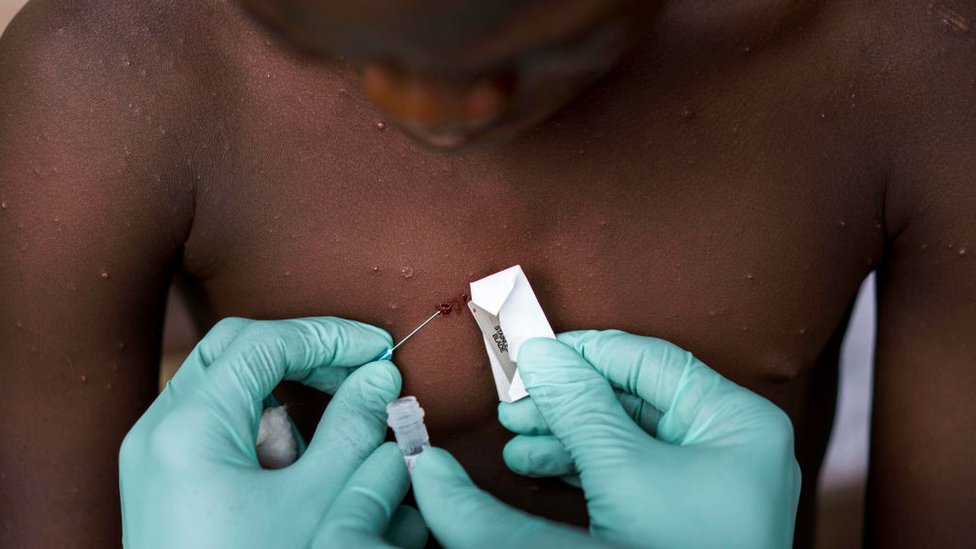
It should also be borne in mind that the epidemiological monitoring and surveillance mechanisms are now also more modern and it is now easier to detect and identify viruses, which may mean that there are also more news about strains, infectious diseases or virus variants.
Health authorities warn, however, that this does not imply that vigilance and action should not be taken to contain the spread of current cases: viruses mutate frequently and nothing guarantees that one outbreak will be the same as another. Here are some reasons why which health experts believe that the cases reported so far do not present a serious threat to the general public.
1. It is a known virus
When the first cases of covid-19 began to be reported in the world, one of the big questions was what type of pathogen caused it and what was its origin. Although SARS-Cov-2 was identified in a short time and several theories point to that passed from animals to humans, it is still in debate what animal it was and how it initially passed to people.
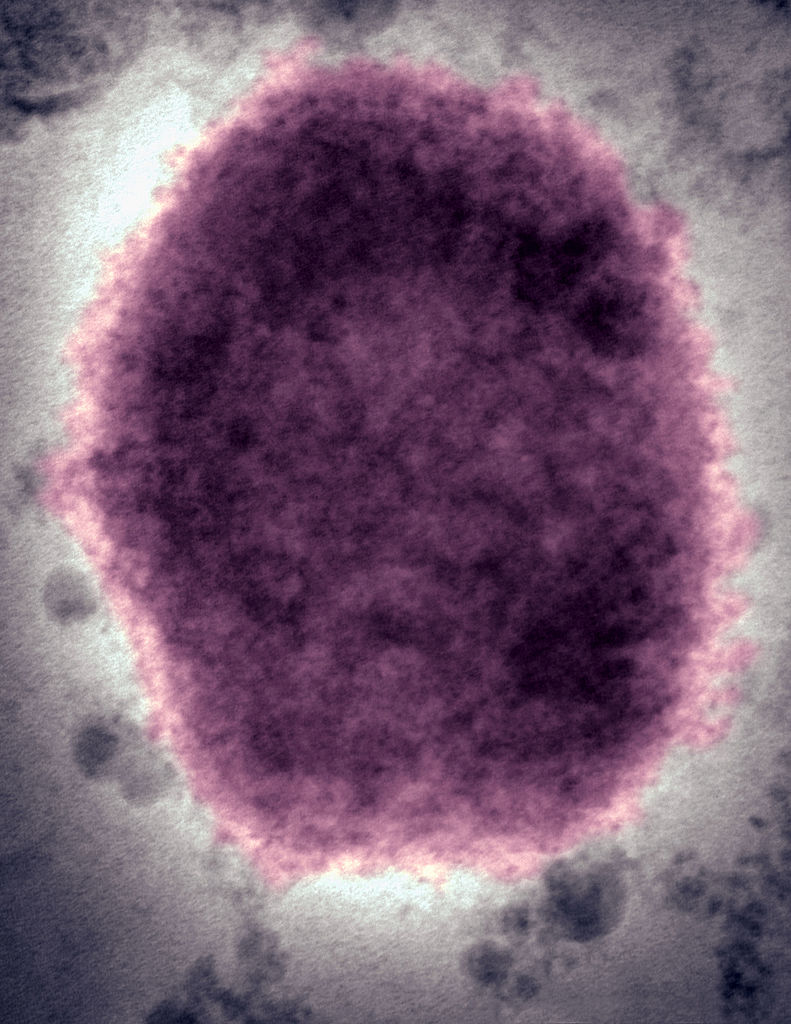
Unlike that situation, the virus that causes monkeypox has been known for more than half a century, so it is known how it works and how it is transmitted. Although it is believed to have been affecting people in Africa for much longer time, it was identified in 1958 in some monkeys that were kept in a laboratory for research, and from there it took its name. However, subsequent studies showed that the main vectors of the disease appear to be rodents and not apes. “Monkeypox was first discovered in apes in the 1950s, but by 1970 it had spread to humans. It is also found in other wild animals, such as some rodents, so monkeys may not are the main natural reservoir of the virus. Transmission to humans is assumed to be due to ingestion of infected animals,” explains Simon Clarke, Associate Professor of Cellular Microbiology at the University of Reading. Science Media Centre.Researchers have identified two variants of the virus, one from central Africa, which produces a disease with more symptoms, and another from West Africa, which causes a milder disease and has been detected in the cases reported so far. Although in the cases of the new outbreak, the medical authorities have pointed out that some patients have in common being men who have sex with other men, there is currently no evidence that the virus has mutated to a form of sexual transmission, which was not known until now.
2. There are vaccines and treatments available
Being a known virus that has affected communities for decades, there are vaccines and treatments available. Since the monkeypox virus is closely related to the virus that causes smallpox, the smallpox vaccine has also been shown to be effective for both diseases. The US Centers for Disease Control and Prevention (CDC) explain on their website that while no specific treatments are currently available for monkeypox infection, outbreaks can be controlled with medication. medicines already on the market that have been approvedas and have been shown to be effective against the disease, such as cidofovir, ST-246, and vaccinia immunoglobulin.
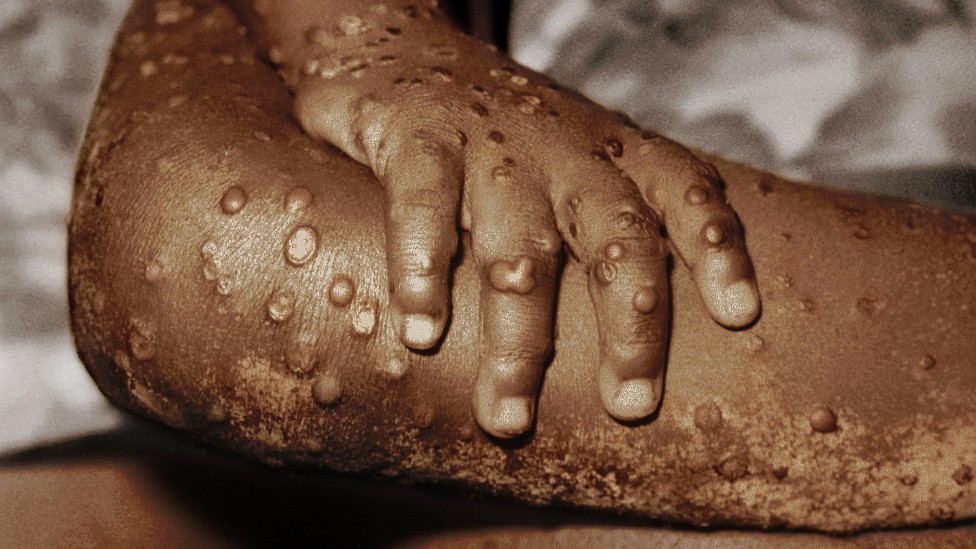
There is also a vaccine approved by several nations for the prevention and treatment of monkeypox, called JYNNEOSTM (also known as Imvamune or Imvanex) and which is produced by the Danish pharmaceutical company Bavarian Nordic. Previous data from its use in Africa suggest that it is at least 85% effectiveto prevent monkeypox. There is a second smallpox vaccine, the ACAM2000, made by Emergent Product Development, which medical authorities also believe offers some protection against monkeypox. In fact, it was this that was used in an outbreak reported in 2003 in the US. The WHO points out that some people who received smallpox vaccines may also have certain levels of immunity, although in many countries this vaccination was suspended almost 40 years when the disease was considered eradicated. Vaccines, in most countries, are currently only licensed for people over the age of 18 who are considered to be at high risk of contracting the disease. The UK Health Security Agency explains that monkeypox vaccination can be used both before and after the exhibition.Bavarian Nordic announced in May that the US government had commissioned the pharmaceutical company to manufacture millions of doses valued at more than US$119 million after the detection of the first case in the country.
3. It is not very contagious
The UK Health Security Agency says that, unlike other contagious diseases, monkeypox does not spread easily between people. In previous outbreaks, an infected person spread the virus, on average, to between zero and one person. , so the levels of contagion have been very low. “In most cases,a sick person does not transmit the virus to anyone elseJay Hooper, of the US Army’s Infectious Diseases Medical Research Institute, told NPR in a report on the disease. Dr. Michael Head, of the University of Southampton, explains that this is because the virus requires very close contact, sometimes skin-to-skin, with an infected individual to become infected According to the WHO, the case fatality rate for monkeypox has ranged from 0 to 11% in the population general and has been higher among young children.
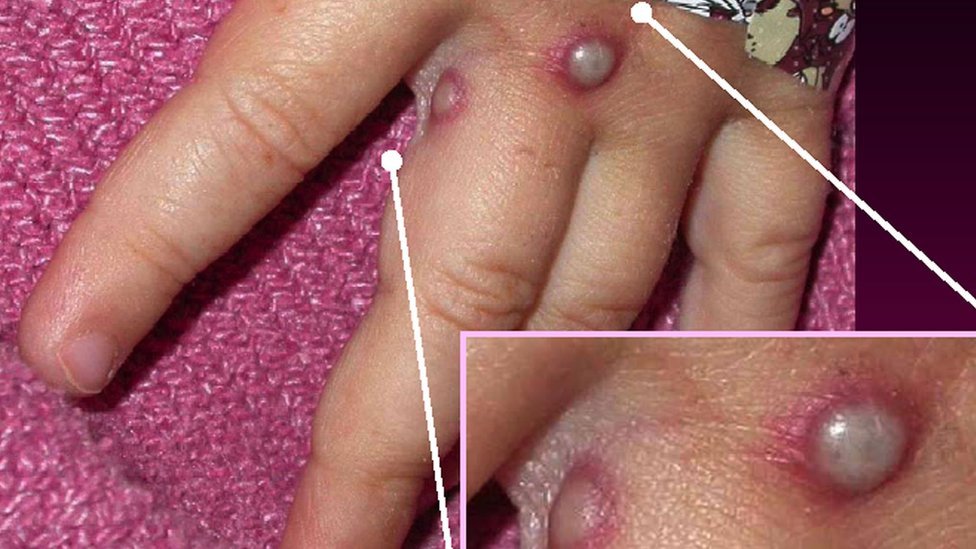
The spread of monkeypox can occur when a person comes into close contact with an animal, human, or material contaminated with the virus, which enters the body through broken skin (even if not visible), the respiratory tract, or the mucous membranes (eyes, nose or mouth). The UK Health Security Agency explains that spread from person to person “It’s not Common“, but can occur through:
- contact with clothing worn by an infected person (including bedding or towels)
- direct contact with lesions or scabs on the patient’s skin
- coughing or sneezing of an infected person
4. There have been several previous outbreaks
The first human case of monkeypox was recorded in 1970 in the Democratic Republic of the Congo, and outbreaks or cases of the infection have been reported in several countries in central and western Africa over the decades since. Although human cases of monkeypox outside of Africa are rare, they have been reported in the United States, United Kingdom, Israel and Singapore in recent years. In fact, in the United Kingdom, where the first case of the current outbreak was detected, also registered patients with the disease in 2018, 2019 and 2021.
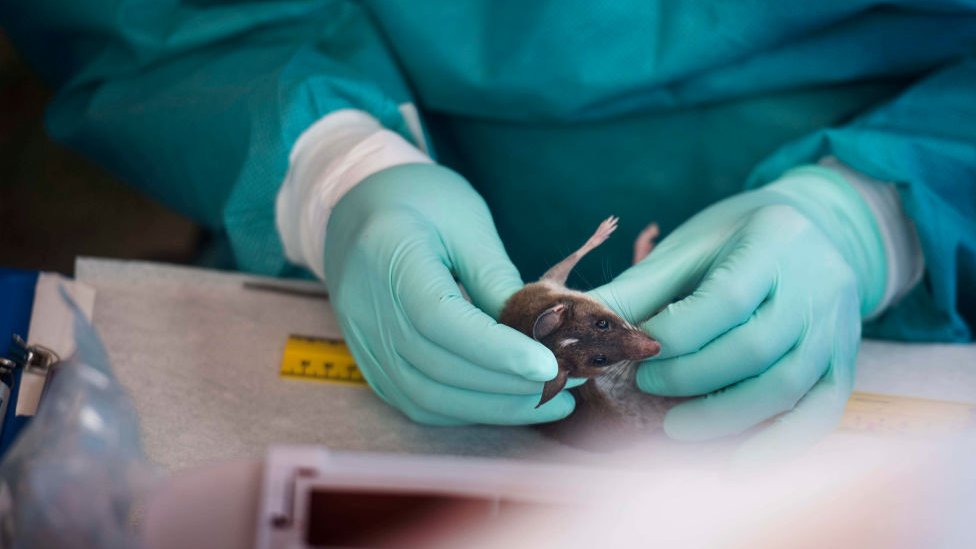
All these outbreaks that have been previously detected outside of Africa have been very small, with very few people infected. In an outbreak in the US in 2003, 47 individuals became ill. The existence of previous outbreaks gives health authorities not only knowledge about the ways in which the virus can be transmitted, but also experience in how to contain it, treat patients and propose ways to mitigate contagion. However, the health agencies of several countries announced that they will closely monitor the evolution of new cases, given that until there is sufficient data, it cannot be categorically stated that it will be the same now. Never before have so many cases of monkeypox been recorded simultaneously in multiple countries and without a potential link being established between infected people and travel to Africa, as is the case in many cases now.* This note was originally published in May and updated with the declaration of a global health emergency by the WHO on July 23.
Remember thatyou can receive notifications from BBC World. Download the new version of our app and activate it so you don’t miss out on our best content.https://www.youtube.com/watch?v=x8FioTCY5gA–


